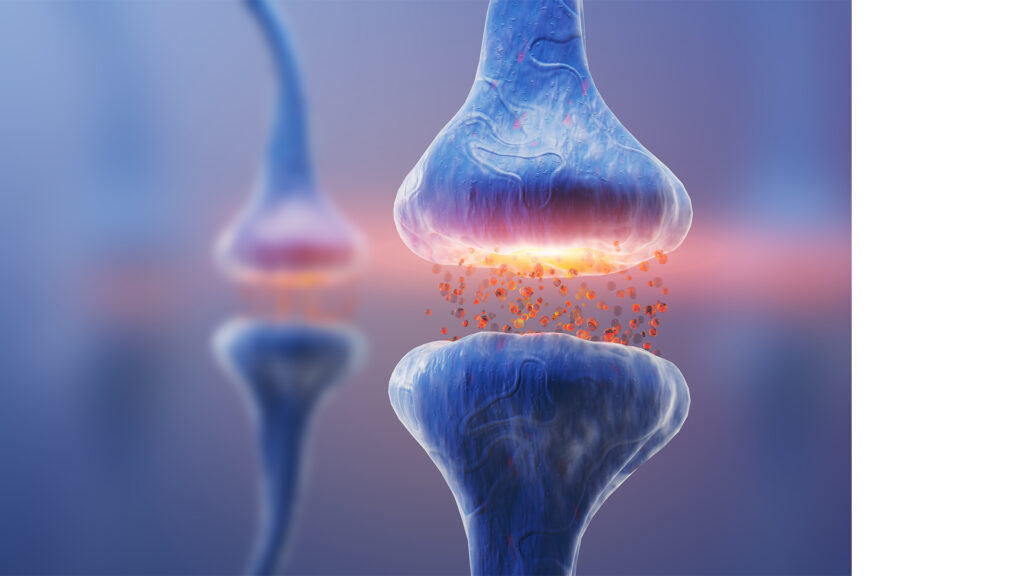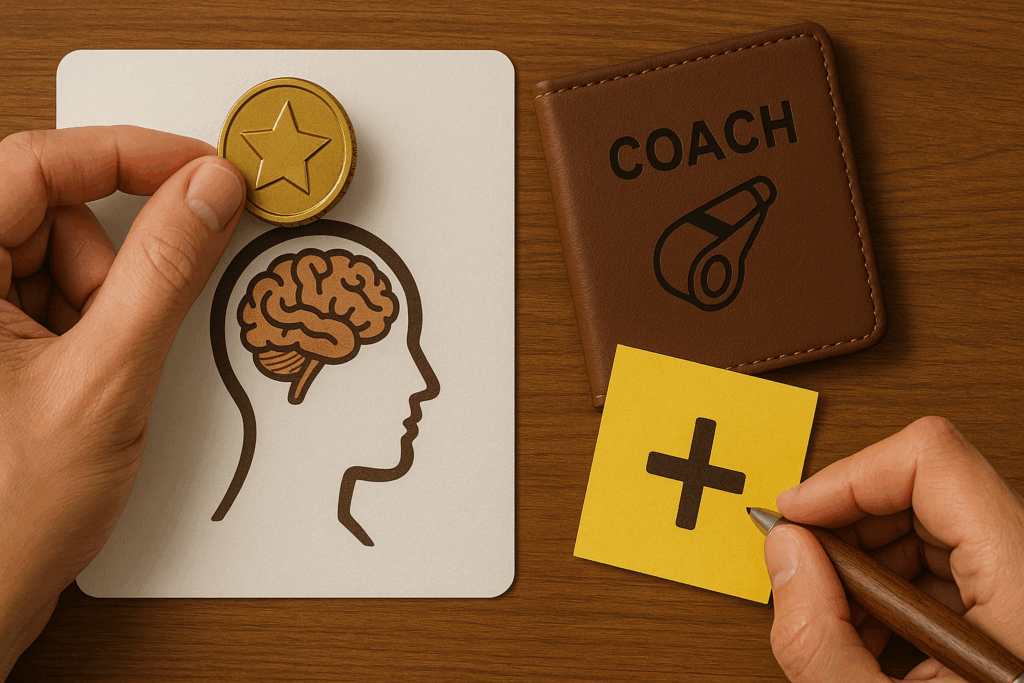(or in Footballers’ parlance: Embrace the Suck…)
It was August 15th, and I found myself in the midst of the familiar smells of the locker room, with its sounds of teammates joking around and coaches telling the veterans, “don’t forget, there’s a rookie out there who wants your position”. Yes, it was the first day of football training camp. And no, this wasn’t a Ted Lasso episode.
These are the two weeks before the official start of the season when we come back from our summer routines and get back to basics. Each season we had to earn our position on the team. We had two practices a day, and at the end of the second practice, our head coach would put us through his favorite drill, “suicide sprints.” As the name suggests, it consisted of many short sprints, with the last one being a full-out 110-yard final sprint. Here is the catch, the top two (of 5) would be done, and the other three would have the privilege of doing it again. Throughout this character-building drill, our coaches would shout, “you have to embrace the suck!!”
The fascinating part of this activity is that by the end of training camp and throughout the season, I would start looking forward to those suicide sprints because at the end of them, once I regained a semblance of steady breathing and my stomach settled down, this rush of pleasure and happiness would flood my entire body.
This feeling is known under many different names, but the “runners high” seems the most appropriate for my situation. Thanks to the research of people like Dr. Tony Jack, Dr. Carol Dweck, and Dr. Andrew Huberman, we now understand not only the complex cascade of neurochemistry causing this “runners high” but the impact this has on discipline, habit, and mental toughness, and change activation.
We all know the power of discipline in the attainment of any goal. The problem is that most meaningful goals are hard to achieve because they are typically beyond what we have ever done. New thinking has to be established, new habits need to be formed, and new skills need to be learned. All of this in an environment where your brain is fighting you every step of the way.
We need to remember that the brain is wired for “self-preservation.” It does its best to protect us from real or perceived danger or pain. Based on Nobel Prize-winning research by Daniel Kahneman and Amos Tversky, we know that the brain attributes twice as much benefit to avoiding a loss (pain) as it does to achieve a reward (gain). And suppose it is uncertain of the situation (new skill or new goal). In that case, it will always assume the worst-case scenario (or potential level of pain) and resist moving into that situation. This is known as limbic friction.
However, thanks to functional MRIs, we now understand the power and function that the neurotransmitter dopamine can play in helping us achieve these goals (or not achieving them) and how it can help in minimizing limbic friction by causing us to start enjoying the discomfort and/or pain of the activity.
Individuals who seek to trigger their dopamine through associated rewards (trophy, status, money, hot fudge sundae), very often end up failing to achieve their goals. This is called extrinsic reinforcement. The problem with extrinsic reinforcement, according to Dr. Huberman, is that it makes the activities required to achieve the goal harder and less pleasurable over time.
What research has shown is that most high achievers still set big goals, but they primarily seek pleasure from the process and activities of achieving the goal, not the goal itself. The pleasure comes from the effort of studying for the test, practicing the piano, or running those sprints. This is called intrinsic reinforcement. The pleasure comes from inside of yourself when you choose to assign positive meaning and pleasure to the activity. Dr. Dweck attributes this skill as a component of a “growth mindset,” where one focuses on what’s possible and then sets out to achieve it.
The problem is that you are fighting your brain’s instinct not to participate willingly in activities that create pain or discomfort, and I can tell you that hundreds of sprints throughout a season create discomfort. You have to keep telling the brain that the pain is good, the effort is good, and the work is good…you have to embrace the suck until the brain believes your inner voice. Then, you derive pleasure (your dopamine hit) from the effort, which has helped build discipline, focus, and mental toughness and provide the energy to do what it takes to achieve the goal finally.
Ultimately, after our two-week training camp, I felt fitter, had more energy and better focus, helping me to play my position more successfully, and ultimately gave me and all my teammates the mental toughness and discipline to win the league championship four months later.
In the end, I did receive joy and pleasure through the pain and suffering of all of these sprints, and yes, I also enjoyed the trophies and celebration of winning the championship. I encourage you to embrace the suck; it will help you to achieve almost anything you set out to be or do.
If you would like to learn more about how neurochemistry drives our behaviors as human beings, look at our Online Academy courses, specifically the Science of Decision Making. You may never look at a difficult decision the same way again.





